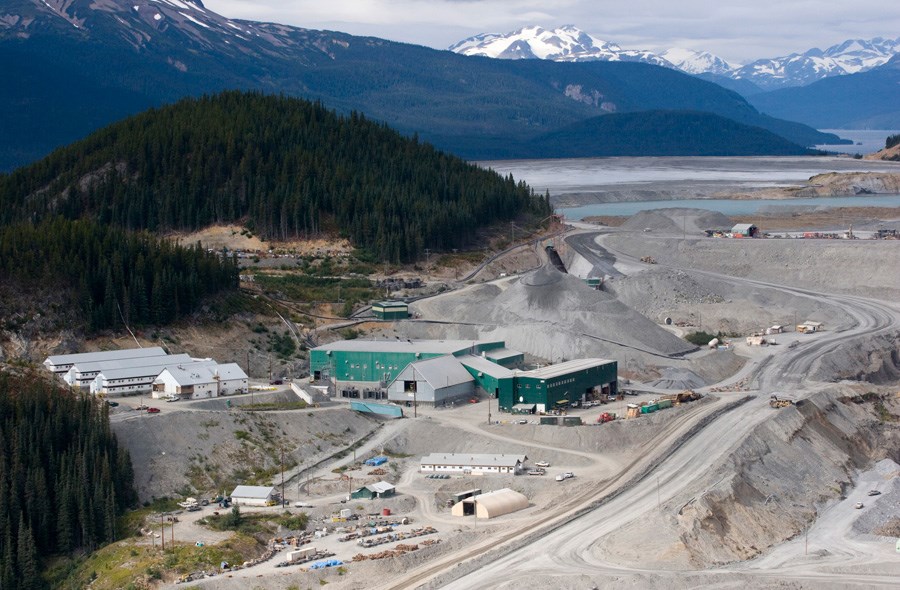Four local indigenous nations will receive direct revenues from a mine in their shared territory.
The Cheslatta Carrier First Nation, Nee-Tahi-Buhn Band, Skin Tyee Nation and Wet'suwet'en First Nation from around the Burns Lake and Houston areas west of Prince George) have negotiated a deal with the provincial government for a share in the tax benefits of the Huckleberry Mine.
The four First Nations all have a territorial connection to the Huckleberry site. Originally slated to close this year, the Huckleberry Mine was permitted to carry on operations until 2021 based on newly discovered copper and molybdenum in the same area.
"These agreements will not only bring social and economic benefits to the four First Nations, but the entire Bulkley-Nechako region," said Aboriginal Relations and Reconciliation minister John Rustad, also the MLA for the region involved. "Reaching non-treaty agreements with First Nations is an important component of our government's BC Jobs Plan, and I'm proud that today we surpass our goal of ten new agreements by 2015. They ensure First Nations have the opportunity to participate in the economy, while giving industry the certainty to invest in our province."
The primary owners of the mine, Imperial Metals, did not provide comment but company's vice-president of corporate affairs Steve Robertson told the Citizen recently that relations with aboriginal interests was not confined to government-to-government dealings.
"Aboriginal consultation was not something miners were particularly good at," Robertson said. "But it is the new way of mining in B.C. and it is fundamentally necessary. It used to be a check-box on a government form, but now it is an everyday part of your company's life. And to be honest, it is infinitely more rewarding. The benefits of what it all means goes so much farther beyond what the benefits of a mine used to be."
"We are pleased to have concluded this agreement with the province," said Cheslatta Carrier Nation Chief Richard Peters. "For generations, Cheslatta have watched the exploitation of their mineral resources and were never allowed a share of the benefits. This arrangement will allow the Cheslatta community to be part of the process and receive a portion of the royalties collected from the Huckleberry Mine operations."
Huckleberry Mine provides jobs for 230 full-time and 30 part-time people, 17 per cent of which are aboriginal. The payroll estimate is about $20 million annually into the regional economy, plus the subcontracted goods and services the company invests in, adding spinoff benefits on top of the direct ones.
NATION BY NATION:
The First Nations sharing income from Huckleberry Mine
* The Cheslatta Carrier Nation, has approximately 304 members with its main reserve in Southbank, on the south shore of Francois Lake.
* The Nee-Tahi-Buhn Band has approximately 135 members and five reserves. Their main reserve is located on Francois Lake.
* The Skin Tyee Nation has approximately 165 members and six reserves in the area west of Prince George near Francois Lake.
* Comprised of 213 members approximately and 11 reserves, the Wet'suwet'en First Nation is located in the area between Burns Lake and Houston with their main community near Burns Lake.



